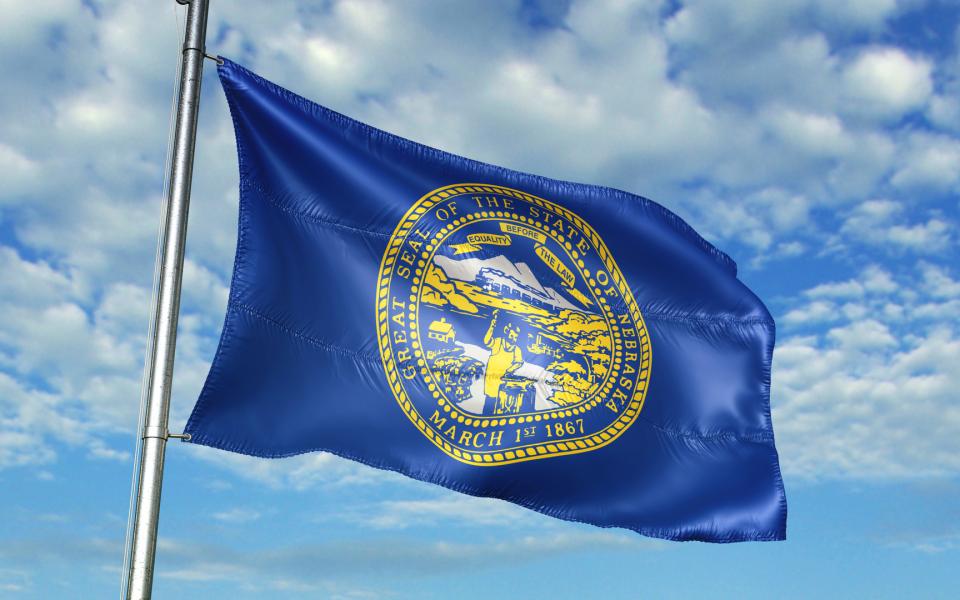As the Pregnant Workers Fairness Act continues to generate a significant amount of court litigation and requests for mental health accommodations continue to rise, the anticipated challenges and trends in disability leave, health management and workplace accommodations for 2025 are numerous. Employers are encouraged, amid projected rising litigation risk, to stay informed and proactive in adapting to ongoing changes in laws and regulations to remain compliant and successful.
Takeaways
- Differentiate PWFA, ADA and Title VII accommodation processes.
- Use appropriate forms and letters depending on the type of accommodation requested.
- The fate of efforts toward federal paid leave remains uncertain, but employers will need to address a growing number of state and local laws.
- Recent success at the ballot box may mean more paid sick leave ballot measures.
- Other state and local leave and accommodation laws are also under consideration.
- Review your policies, practices and use of AI tools.
- Consider refresher training for your HR team, managers and first-line supervisors.
- Monitor the rapidly evolving leave and accommodation landscape.
Legal Challenges to the Workers Fairness Act and Regulations
Multiple cases have been filed in federal courts across the country challenging the Act and the EEOC's Final Regulation that went into effect June 18, 2024. The Act/regulations require employers (including state government employers) with at least 15 employees to provide reasonable accommodations to the known limitations of a qualified employee related to, affected by, or arising out of pregnancy, childbirth or related medical conditions, absent an undue hardship.
Texas v. DOJ
This case is on appeal in the 5th Circuit after the Northern District of Texas ruled that Congress violated the Quorum Clause when it passed the Consolidated Appropriations Act of 2023, including the PWFA. The court enjoined the EEOC and DOJ from enforcing the PWFA against the State of Texas and its agencies.
Northern District of Texas
A private employer filed suit against the EEOC challenging the constitutionality of the PWFA claiming it was adopted in violation of the Quorum Clause. The employer alleges the same claims as decided in favor of the State of Texas, and the case is assigned to the same judge that decided that case.
Louisiana and Mississippi v. EEOC and U.S. Conference of Catholic Bishops v. EEOC
The Western District of Louisiana entered a preliminary injunction. As a result of the injunction, employers are not required to accommodate “elective abortions” for employees whose primary duty station is in Mississippi or Louisiana.
Tennessee, et al. v. EEOC
This case is on appeal in the 8th Circuit after the Eastern District of Arkansas ruled that a group of 17 states led by Tennessee lacked standing to challenge the PWFA regulations that mandate accommodations for elective abortions. The states argue that the SCOTUS decision in Loper Bright, decided two weeks after the district courts’ decision, supports their argument that the EEOC overstepped its authority.
Catholic Benefits Association v. EEOC
The federal court in North Dakota granted a preliminary injunction enjoining the EEOC from enforcing the PWFA and regulations against the parties who brought the suit “in a manner that would require them to accommodate abortion or infertility treatments that are contrary to the Catholic faith, speak in favor of the same or refrain from speaking against the same.”
Additional Litigation
Cases by private plaintiffs challenging the Final Rule were also filed in federal court in Texas and Missouri.
EEOC PWFA Litigation Filed Against Employers
The EEOC has alleged in the various complaints it has filed that employers violated the PWFA by failing to provide time off for prenatal appointments, assessing attendance points for pregnancy-related absences, refusing job transfers, placing employees on leave during the interactive process, making unlawful medical inquiries, and more.
Note: No discovery, factual determinations or decisions on the law have been made to date on these EEOC complaints.
State and Local Leave and Accommodation Laws Continue to Evolve
In 2024, voters supported new mandatory paid sick leave laws in Alaska, Missouri and Nebraska and state legislatures were busy adopting new and amending existing paid and unpaid leave laws. Employers will be challenged in 2025 to stay up to date with the ever-evolving leave law landscape.

The Year Ahead 2025: Practical and Political Tipping Points for Workplace Accommodations
Hosts: Joseph J. Lynett and Katharine C. Weber, Principals and Disability, Leave and Health Management Co-Leaders
“The only thing for sure that we can say about 2025 is that the changes are just going to keep coming. So, make sure that you've really got your eye on the ball, that you're plugged into your different resources so that you can stay ahead of the curve, be compliant and be the employer of choice.”
Related resources
© Jackson Lewis P.C. This material is provided for informational purposes only. It is not intended to constitute legal advice nor does it create a client-lawyer relationship between Jackson Lewis and any recipient. Recipients should consult with counsel before taking any actions based on the information contained within this material. This material may be considered attorney advertising in some jurisdictions. Prior results do not guarantee a similar outcome.
Focused on employment and labor law since 1958, Jackson Lewis P.C.’s 1,000+ attorneys located in major cities nationwide consistently identify and respond to new ways workplace law intersects business. We help employers develop proactive strategies, strong policies and business-oriented solutions to cultivate high-functioning workforces that are engaged and stable, and share our clients’ goals to emphasize belonging and respect for the contributions of every employee. For more information, visit https://www.jacksonlewis.com.













